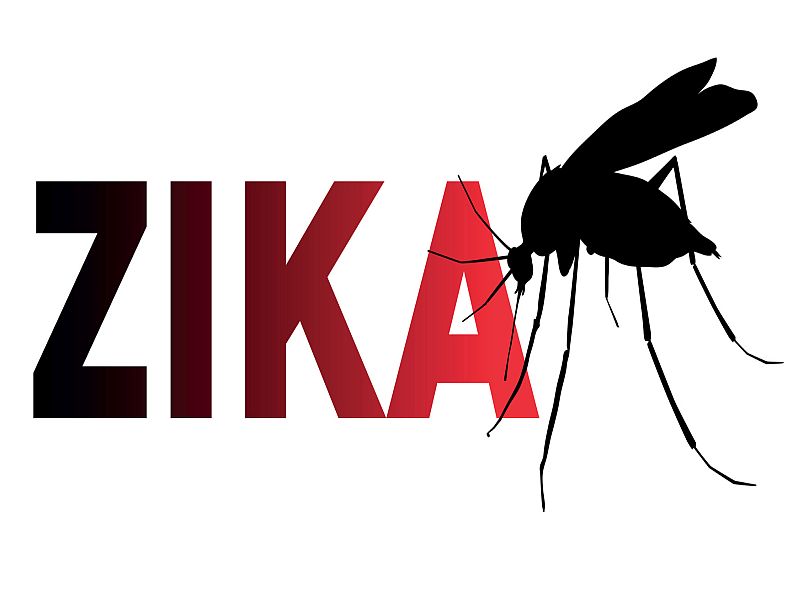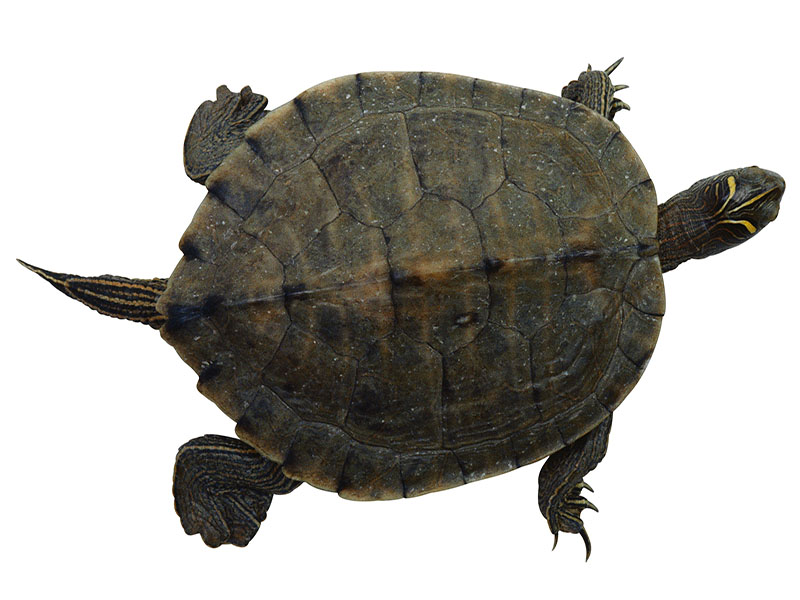Showing posts with label spread. Show all posts
Showing posts with label spread. Show all posts
Tuesday, December 27, 2016
Zika Could Spread in Southern Europe This Summer MedlinePlus
Zika Could Spread in Southern Europe This Summer MedlinePlus
Zika Could Spread in Southern Europe This Summer: MedlinePlus


Zika Could Spread in Southern Europe This Summer
Conditions will be ripe for transmission via Aedes aegypti mosquito, study warns





By Robert Preidt
Tuesday, June 14, 2016
TUESDAY, June 14, 2016 (HealthDay News) -- The Zika virus could spread in southern Europe this summer if its introduced to the region by infected travelers, researchers warn.
Zika is transmitted by the Aedes aegypti mosquito, which is present in southern Europe. An analysis of a number of factors, including temperatures and air traveler patterns, suggests that parts of southern Europe may be at risk for Zika outbreaks between June and August.
"We know warm climates create the kind of conditions suitable for mosquito-borne illnesses to spread," said study author Joacim Rocklov. He is a researcher in the unit for epidemiology and global health at Umea University, in Sweden.
While most people only suffer mild symptoms after being infected with the Zika virus, infection during pregnancy can cause a devastating birth defect known as microcephaly, where babies are born with abnormally small heads and brains.
The vast majority of Zika infections have occurred in Latin America, and Brazil has been the epicenter with an estimated 5,000 cases of microcephaly.
"The presence of established Aedes mosquito populations, the warmer climate and the coinciding peak flow of air travelers [from Zika-affected areas in the Americas] into Europe is a triage making southern Europe fertile ground for Zika," Rocklov explained in a university news release.
The study was published June 10 in the journal EBioMedicine.
While Zika is typically spread via the bite of the Aedes mosquito, there is increasing evidence that the virus can also be transmitted through sex, possibly even oral sex.
In light of that, the World Health Organization advises couples who are trying to have children and live in Zika-affected areas to consider delaying pregnancy to avoid having babies born with birth defects.
The new guideline replaces an earlier one that suggested women planning to become pregnant should wait at least eight weeks before trying to conceive if they or their partner live in -- or are returning from -- Zika-affected regions.
There have been no reports of Zika-induced microcephaly contracted in the United States. But two babies have been born in the United States with the birth defect after their mothers contracted the virus while traveling during pregnancy in countries where Zika is active.
U.S. health officials have said they expect to see Zika infections in Gulf Coast states such as Florida, Louisiana and Texas as the summer mosquito season picks up.
SOURCE: Umea University, news release, June 10, 2016
HealthDay
Copyright (c) 2016 HealthDay. All rights reserved.
News stories are provided by HealthDay and do not reflect the views of MedlinePlus, the National Library of Medicine, the National Institutes of Health, the U.S. Department of Health and Human Services, or federal policy.
- More Health News on:
- Zika Virus
download now
Sunday, September 4, 2016
Pet Turtles Continue to Spread Salmonella MedlinePlus
Pet Turtles Continue to Spread Salmonella MedlinePlus
Pet Turtles Continue to Spread Salmonella: MedlinePlus


Pet Turtles Continue to Spread Salmonella
15 outbreaks in U.S. linked to the illegal reptiles





By Margaret Steele
Wednesday, June 15, 2016
WEDNESDAY, June 15, 2016 (HealthDay News) -- Kissing a turtle may be more than just yucky -- sometimes it can literally be sickening.
U.S. health officials found that illegal small turtles caused 15 outbreaks of Salmonella in the United States over the past decade. Half of the cases were in children under 10.
Certain behaviors were likely to lead to infection, the new report said. Among those behaviors: "Kissing turtles, letting them roam on kitchen countertops and tabletops where food and drink is prepared or consumed, and cleaning turtle habitats in kitchen sinks," researchers from the U.S. Centers for Disease Control and Prevention said.
Although banned since 1975, turtles less than 4 inches long remain popular as pets in the United States, according to the report.
"Exposure to small pet turtles has long been recognized as a source of human salmonellosis in the United States, and the public health risk may be increasing," said researchers, led by the CDCs Stacey Bosch. "These small reptiles are readily acquired through multiple venues and continue to be the main source of turtle-associated salmonellosis in children."
Prevention will require "a comprehensive approach involving human, animal, and environmental health," the researchers said in an agency news release.
The report is published in the July issue of Emerging Infectious Diseases.
Prior to the ban, salmonella illnesses linked to turtles sickened about 280,000 people each year, according to the CDC.
Its possible to become infected without picking up the turtle, Maroya Walters, an epidemiologist with the CDC, said recently. "You dont actually have to hold the turtle or touch its aquarium or water to get sick. Cross-contamination of surfaces can cause illness as well," she said.
Salmonella symptoms include diarrhea, fever and abdominal cramps between 12 and 72 hours after infection. The illness usually lasts four to seven days, and most people recover without treatment, the CDC says.
But in severe cases, hospitalization may be required. In these patients, the salmonella infection may spread to the bloodstream and to other parts of the body. In such cases, salmonella can be fatal without antibiotic treatment, according to the CDC.
The elderly, infants, pregnant women and those with impaired immune systems are more likely to have a severe illness, the agency says.
All turtles can carry and transmit salmonella on their skin and shells, Walters said. "Turtles and other reptiles shouldnt be kept at home or school or any other facilities where there are children under 5," she said.
In homes with older children or where people choose to keep reptiles, its important to wash your hands after handling turtles or their environment or any area where they roam, Walters said.
SOURCE: U.S. Centers for Disease Control and Prevention, Emerging Infectious Diseases, July 2016
HealthDay
Copyright (c) 2016 HealthDay. All rights reserved.
News stories are provided by HealthDay and do not reflect the views of MedlinePlus, the National Library of Medicine, the National Institutes of Health, the U.S. Department of Health and Human Services, or federal policy.
- More Health News on:
- Animal Diseases and Your Health
- Pet Health
download now
Labels:
continue,
medlineplus,
pet,
salmonella,
spread,
to,
turtles
Subscribe to:
Posts (Atom)